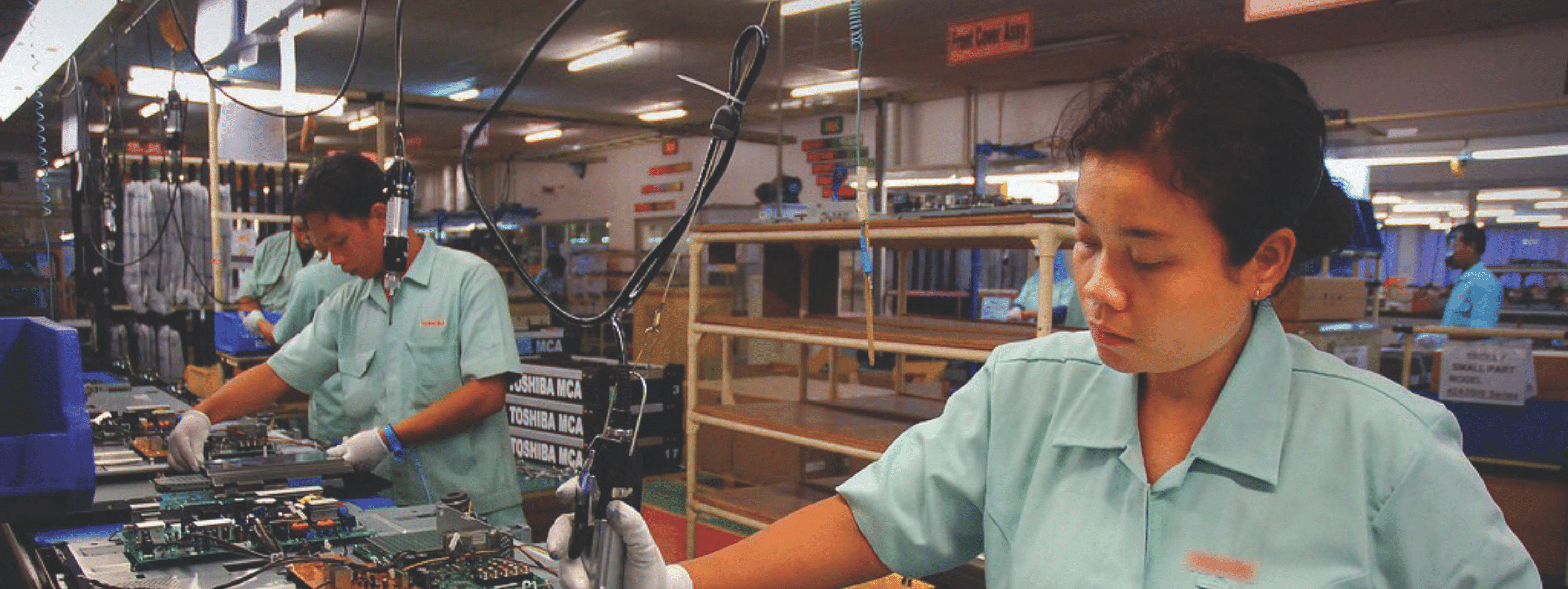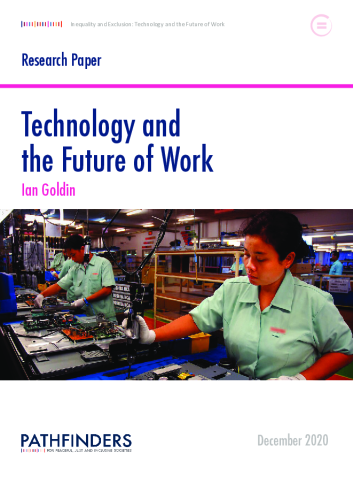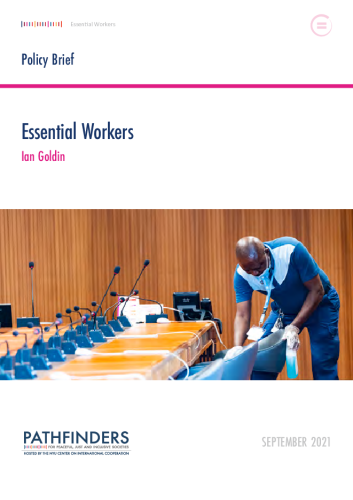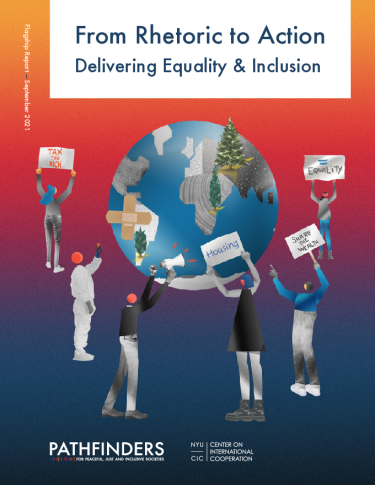Recent decades have seen rapid increases in the use of robots and rapid advances in artificial intelligence, driven particularly by improvements in machine learning. From games like chess and Go to speech recognition and image recognition, machines have come to outperform humans in an expanding range of activities.
This development has motivated many attempts to gauge the impact on the future of work for humans. Frey and Osborne estimate that 47 percent of total US employment is in jobs at high risk of automation within the next decade or two. Arntz, Gregory, and Zierahn in turn estimate the figure is 9 percent in the USA and 10 percent in UK, while PwC estimate 38 percent in the USA, 35 percent in Germany, 30 percent in the UK, and 21 percent in Japan are at risk.

This policy paper reviews the relationships between automation, artifical intelligence, and jobs, a retrospective look at technological upheavel throughout history, and what the future of work looks like by country and sector. Additionally, the paper considers the transformation, redistribution, and recognition of what work looks like globally as a byproduct of new technologies, as well as the implications of the COVID-19 pandemic on the future of work. Case studies from India and the Philippines provides prominent success stories of developing countries creating tradeable services industries, while two examples from Nordic countries and Estonia highlight novel policies in developed countries to ensure the benefits of new technologies are widely shared. Finally, Goldin provides recommendations for governments, international agencies, and other partners to to support employment and inclusive growth in the face of technological change.
Download the full paper here.
This policy paper is part of the Pathfinders Grand Challenge on Inequality & Exclusion. More information about this initiative can be found here.


